Does Trump have the power to shut down social media companies?
Trump claims he can shut down social media companies, but that isn’t necessarily true
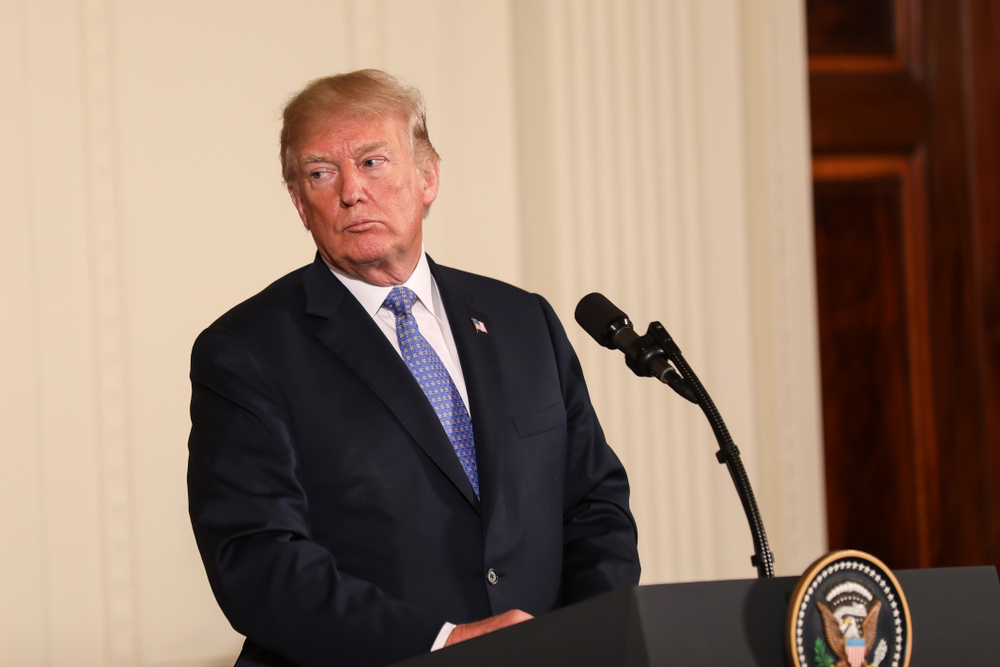
President Donald Trump is no stranger to slinging controversy on Twitter. This week, however, marked the first time that the company took action against him by marking two of his tweets as containing misinformation. How did President Trump handle the labeling of these tweets? Trump threatened to shut down social media companies altogether.
While he’s drafted and signed an executive order that challenges rules aimed at protecting these sites from litigation, Trump can’t actually shut down Twitter, Facebook or any other social platforms that he’s deemed as unworthy.
For President Trump, the issue at hand really comes down to the First Amendment. The President has frequently accused Twitter of censoring conservative voices, and he echoed this sentiment in response to Twitter labeling his tweets as containing misinformation, tweeting that “Big Tech is doing everything in their very considerable power to CENSOR in advance of the 2020 Election. If that happens, we no longer have our freedom. I will never let it happen! They tried hard in 2016, and lost. Now they are going absolutely CRAZY. Stay Tuned!!!”
The thing is that Twitter’s a private company, meaning it’s in no way violating the President’s First Amendment rights by labeling his tweets. Unlike the government, Twitter can moderate its users’ speech as it pleases. It can also do so without legal penalty, much to the President’s dismay.
While President Trump likely won’t be successful in shutting down social media companies altogether, he could certainly make it harder for the platforms to operate. As reported today, President Trump has drafted an executive order targeting Section 230, a law that protects tech companies from litigation over user content.
Regardless of what happens, President Trump has already used the labeling of his tweets to bolster his claims that tech companies aim to silence conservative voices. The President may also use the labeled tweets to distract the public from other issues: the coronavirus pandemic, the dwindling job market and even the upcoming election.
Sign up today and you will receive a free copy of our Future Focus 2025 report - the leading guidance on AI, cybersecurity and other IT challenges as per 700+ senior executives
-
 The modern workplace: Standardizing collaboration for the enterprise IT leader
The modern workplace: Standardizing collaboration for the enterprise IT leaderHow Barco ClickShare Hub is redefining the meeting room
-
 Interim CISA chief uploaded sensitive documents to a public version of ChatGPT
Interim CISA chief uploaded sensitive documents to a public version of ChatGPTNews The incident at CISA raises yet more concerns about the rise of ‘shadow AI’ and data protection risks
-
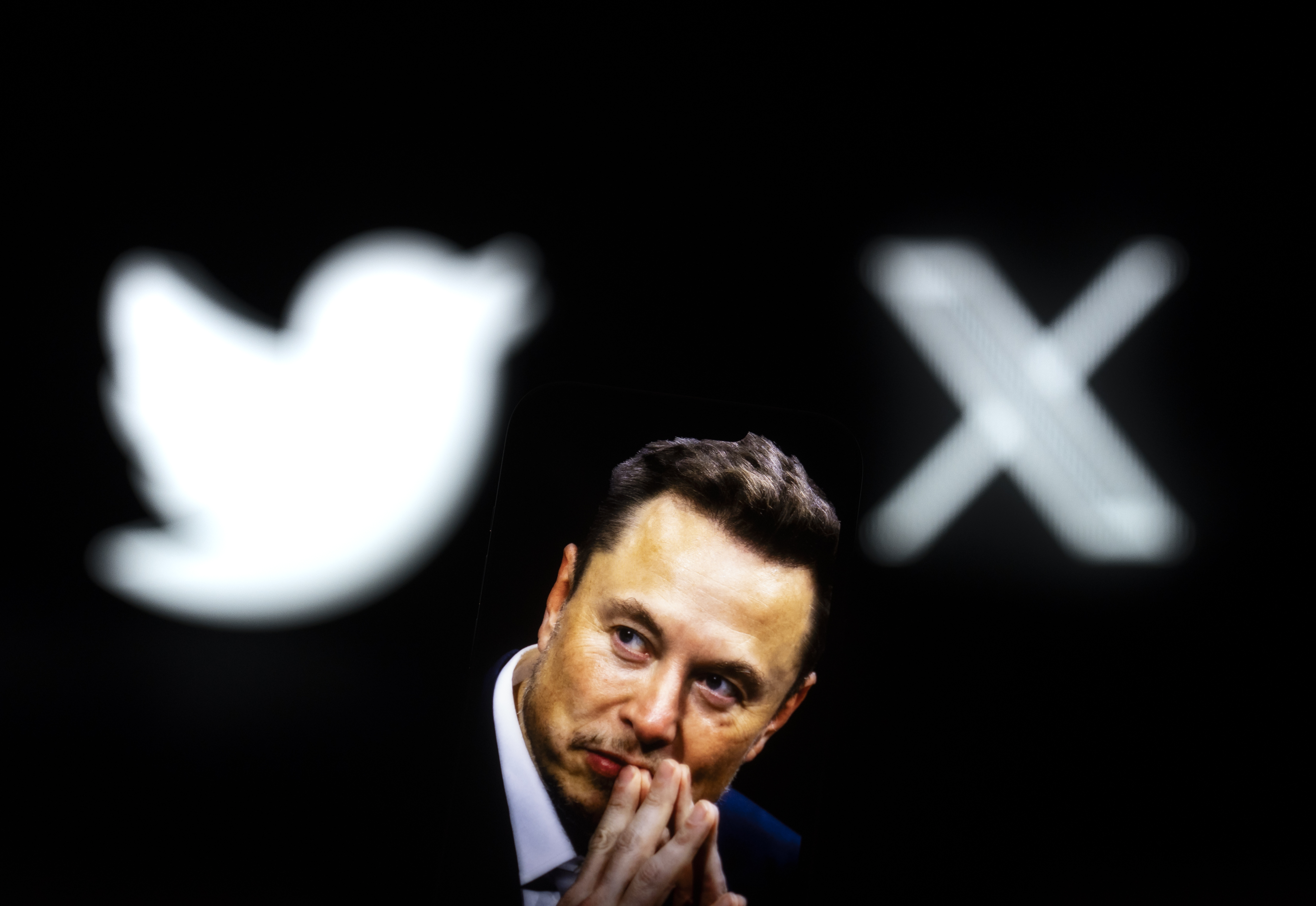 A look back at 7 other tech companies to undergo major rebrands
A look back at 7 other tech companies to undergo major rebrandsNews As Elon Musk announces a total change of Twitter’s branding after 17 years, we look back at how similar projects have panned out for other big tech firms
-
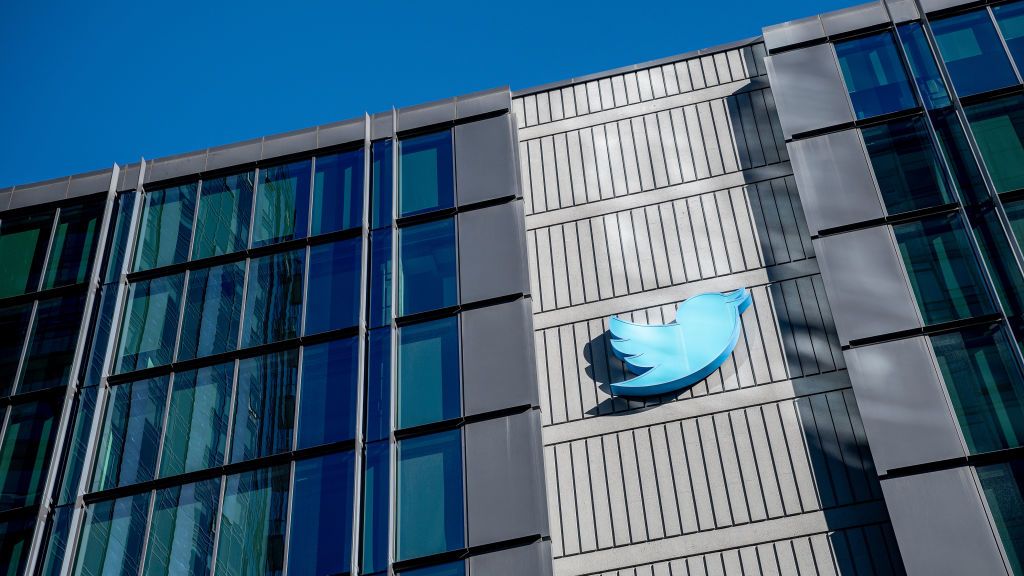 Musk adds beds to Twitter HQ, sparks building code investigation
Musk adds beds to Twitter HQ, sparks building code investigationNews San Francisco city officials are looking into whether the changes, part of Musk's "hardcore" office plan, constitute code violations
-
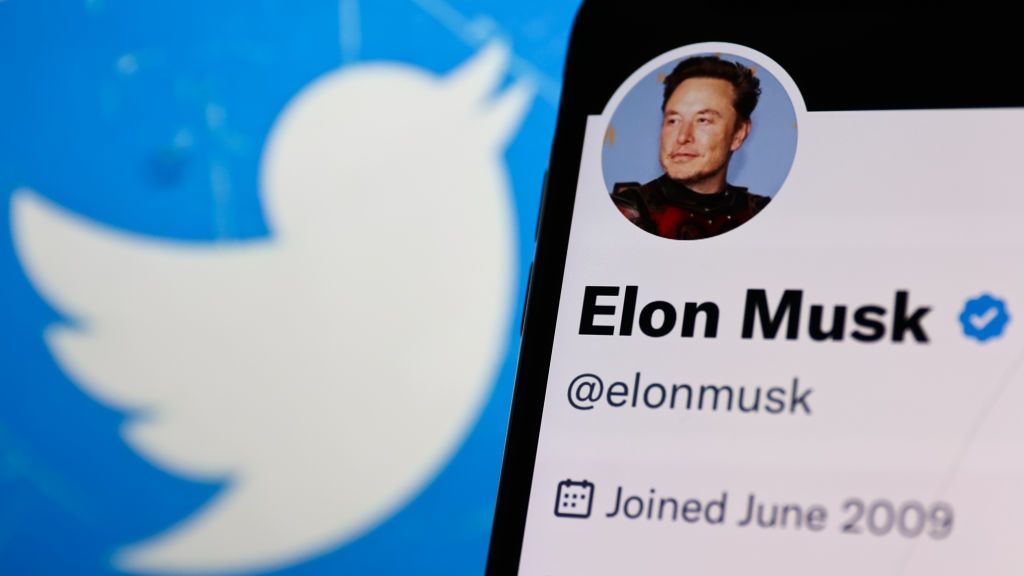 Twitter's employee 'revolt' sparks survival concerns for a platform crumbling from within
Twitter's employee 'revolt' sparks survival concerns for a platform crumbling from withinAnalysis As a fresh round of resignations hits the social media firm, its changing culture and diminishing workforce speak to the end of an era for the social media titan as we once knew it
-
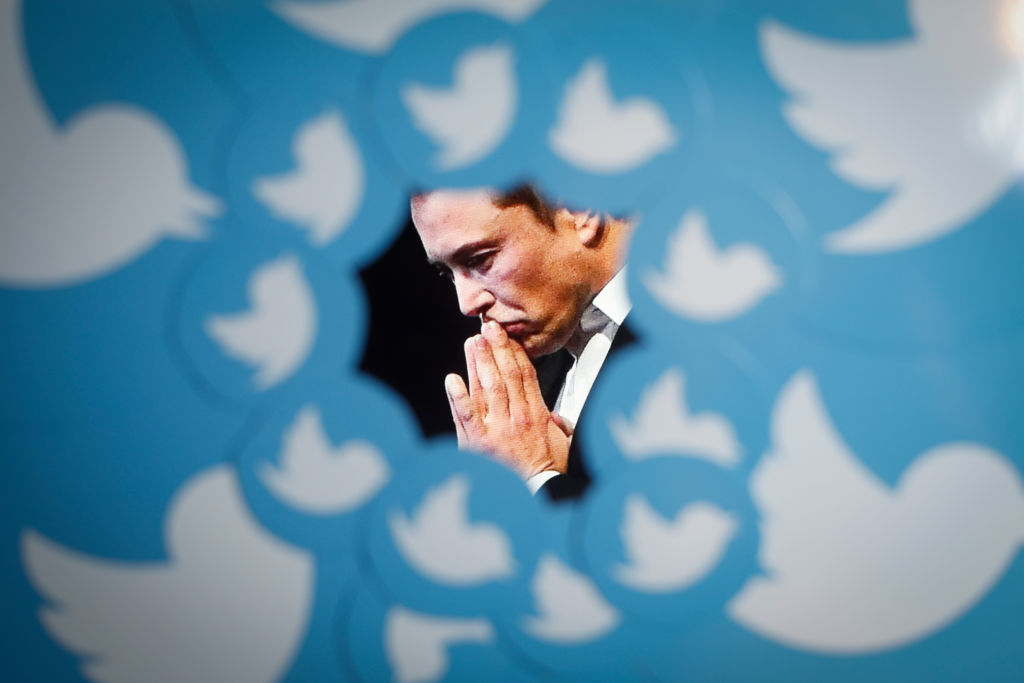 Twitter bankruptcy ‘not out of the question’ as senior execs flee
Twitter bankruptcy ‘not out of the question’ as senior execs fleeNews Several high-profile resignations, following a halving of the company's workforce and reported cash flow issues, calls Twitter's immediate survival into question
-
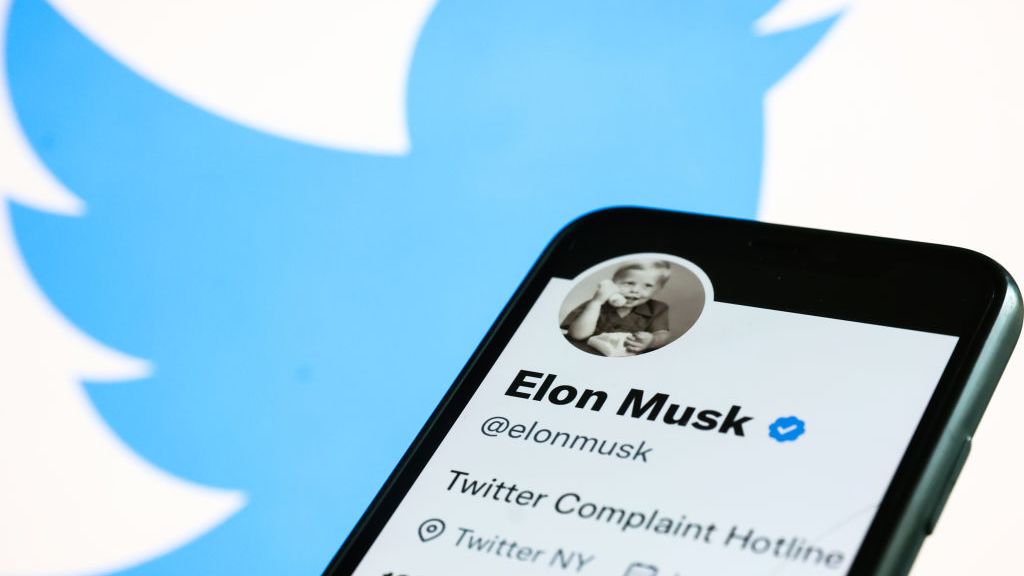 Twitter executes orders to fire around 3,700 employees, locks offices shut
Twitter executes orders to fire around 3,700 employees, locks offices shutNews Employees expecting to be fired over email have had access to company systems cut without warning
-
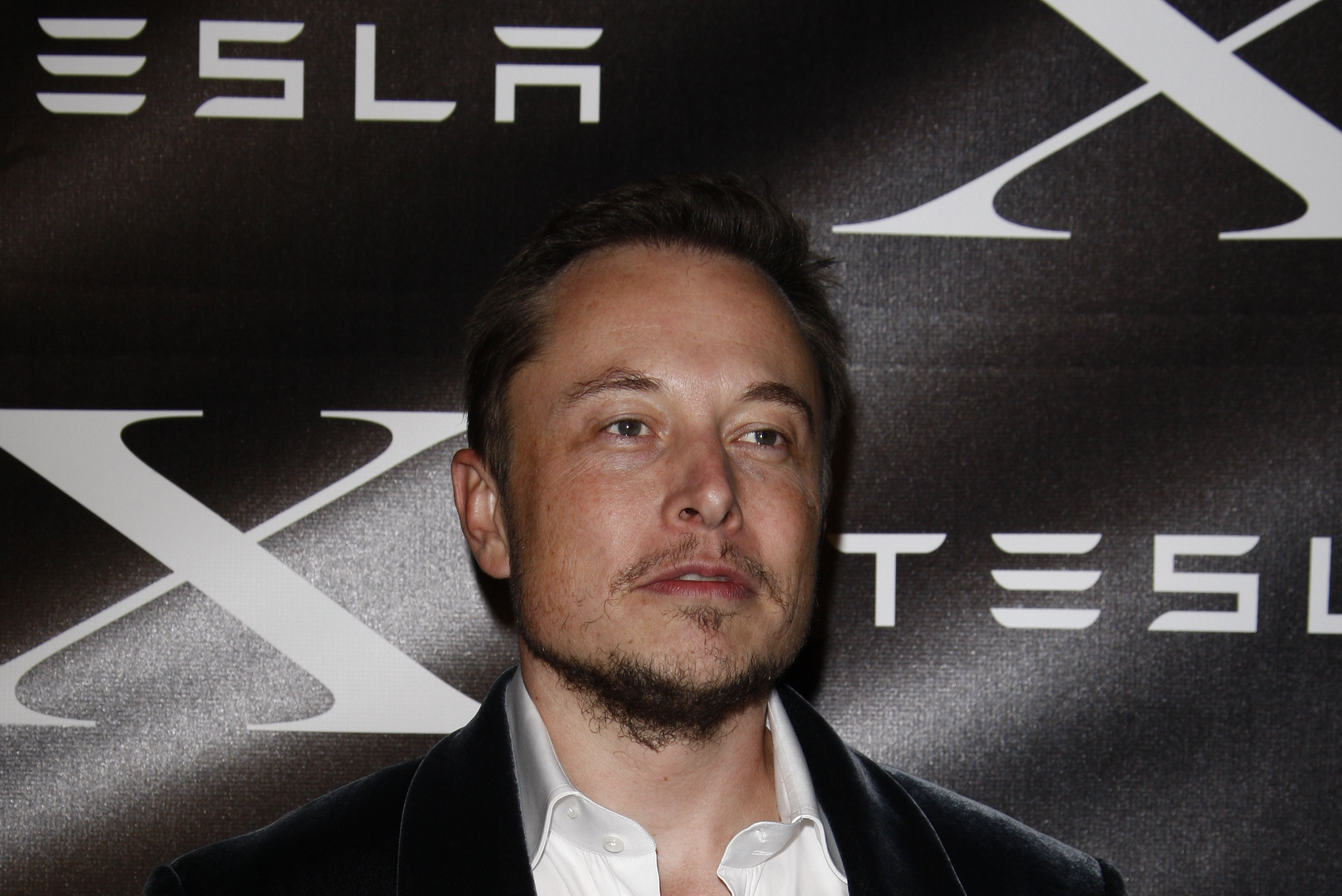 Elon Musk condemns Twitter's data security lapses
Elon Musk condemns Twitter's data security lapsesNews The Tesla owner banks on whistleblower Peiter "Mudge" Zatko's claims to bolster countersuit against Twitter
-
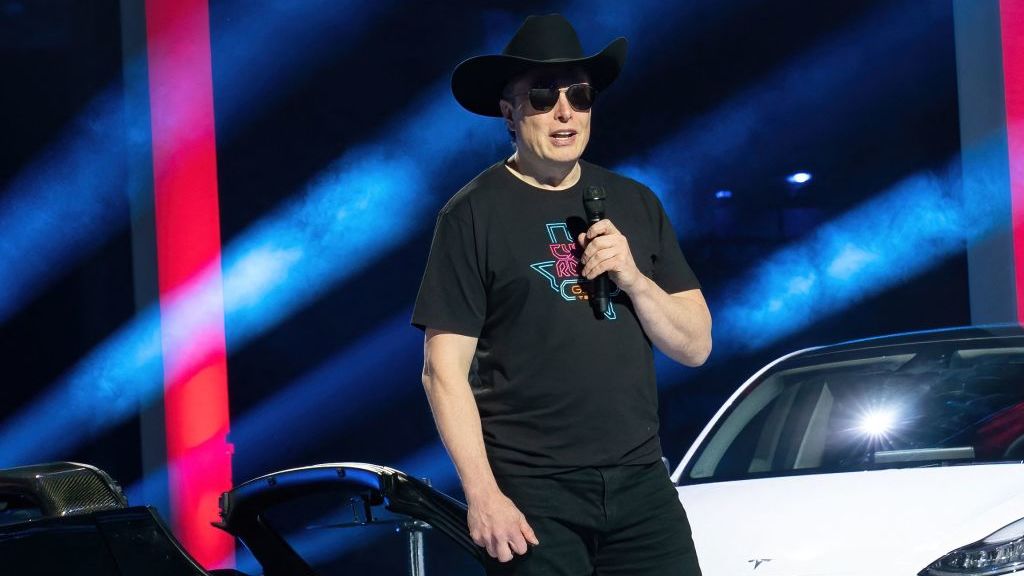 Elon Musk offers to buy Twitter for $41.39 billion, claiming only he can 'unlock its true potential'
Elon Musk offers to buy Twitter for $41.39 billion, claiming only he can 'unlock its true potential'News If the deal doesn’t work, Musk has hinted that he will reconsider his position as a shareholder in the social media company
-
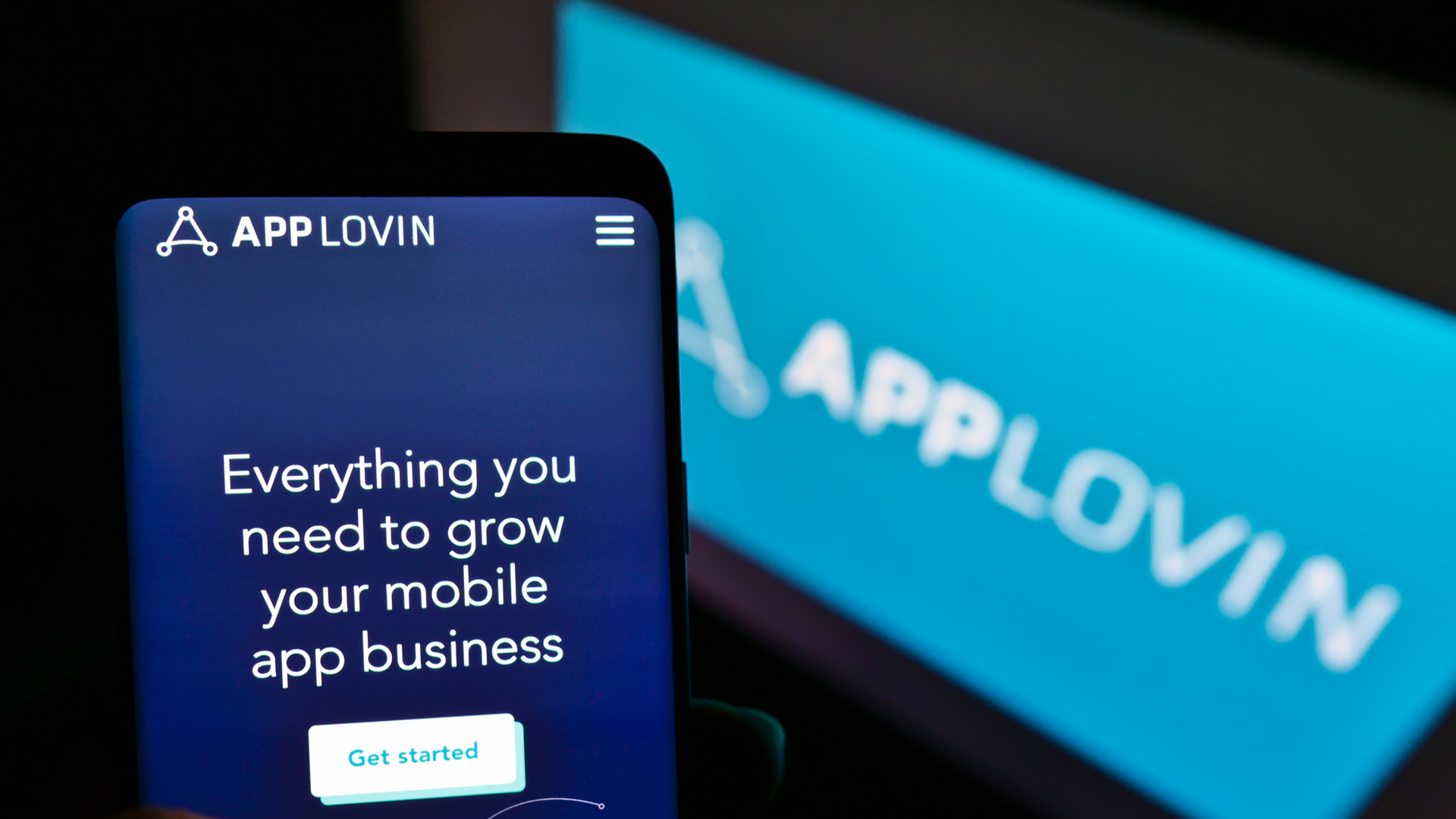 Twitter sells mobile ad unit for triple its original value
Twitter sells mobile ad unit for triple its original valueNews The sale will allow the tech giant to focus on its plans of doubling its revenue in 2023 to $7.5 billion